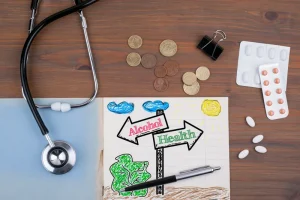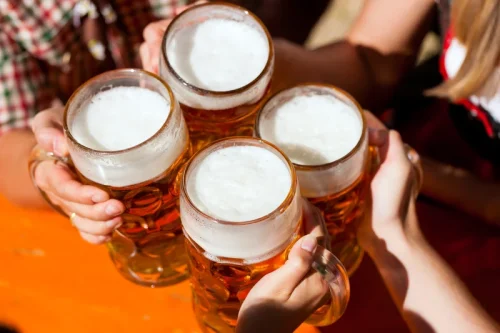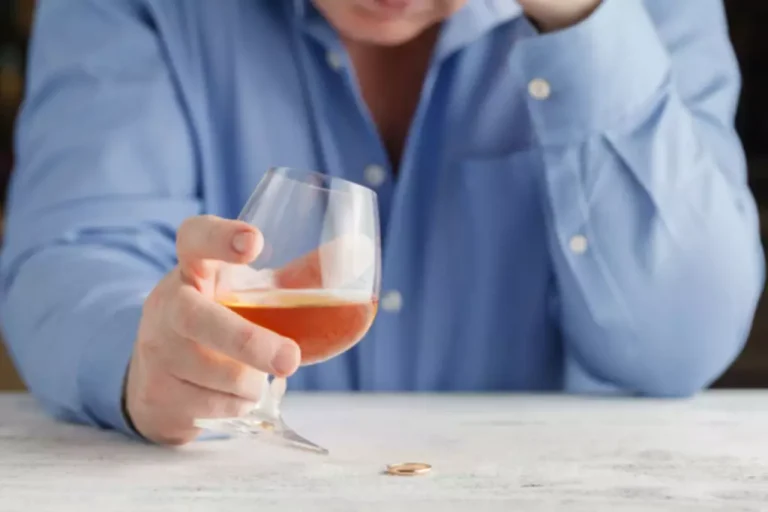
The antioxidants present in wine, particularly red wine, may support the production of collagen and elastin in the skin. Collagen and elastin play crucial roles in maintaining skin elasticity and preventing the formation of wrinkles. By promoting the production of these proteins, wine consumption in moderation may contribute to youthful and firmer-looking skin. A reasonable place for alcohol to appear is lower on the ingredients list. “If it is lower in the list, past sixth, it may not be concentrated enough to deplete your skin’s barrier,” says Frieling.
How to Deal With an Angry Drunk
Steatotic liver disease develops in about 90% of people who drink more than 1.5 to 2 ounces of alcohol per day. Heavy drinking can also lead to a host of health concerns, like brain damage, heart disease, cirrhosis of the liver and even certain kinds of cancer. The effect of alcohol on your immune system and the way your circulatory system works affect https://ecosoberhouse.com/ the skin too. Drinking alcohol can cause or worsen psoriasis3 (a condition that causes flaky skin) and rosacea4 (redness or flushing on the face). Free radicals are unstable molecules that can damage cells and accelerate the aging process. They can break down collagen and elastin, two proteins that are essential for maintaining youthful-looking skin.

Seeking Help: The Role of Medical Addiction Treatment in Recovery
While there are several factors that contribute to the development of acne, alcohol consumption can play a role in exacerbating the condition. Furthermore, alcohol how alcohol affects your skin can deplete your body’s vitamin A levels, which is crucial for maintaining healthy skin. Vitamin A helps to promote cell turnover and repair damaged skin cells.
- With little calorie or protein intake the skin becomes dry and loses elasticity.
- Excessive alcohol use accelerates the aging process in your skin and decreases your overall skin health.
- Because dehydration from drinking can cause dry mouth, bad breath the day after drinking can also occur (2).
How Drinking Alcohol Affects Your Skin and Facial Appearance

So, by taking a daily supplement you can help to encourage the cell regeneration process that you’ve inhibited by drinking alcohol. You can also take a supplement dedicated to keeping your skin, hair and nails healthy, which can also help repair any skin damage. Other supplements that can restore the balance to your skin include vitamins C, E, B1, B6, B2, B3 and Omega 3.
- The reasons for the association may be relative immune suppression induced by alcohol and/or that it induces proinflammatory cytokines.
- And the calories in an alcoholic drink don’t just come from the alcohol – many have additional calories from carbohydrates as well, like sugar or starch.
- “Alcohol can cause water retention and facial puffiness,” Marcus says, which may last throughout the next morning and even until midday.
- We use only trustworthy sources, including peer-reviewed studies, board-certified medical experts, patients with lived experience, and information from top institutions.
Drink in moderation.

Excessive dehydration from alcohol might not seem like a big deal in the short term. But chronically dehydrated skin will become much more visibly aged and damaged over 10 or 20 years, compared with healthy, hydrated skin. If alcohol is one of the top ingredients, the product is likely to dry out skin, says Fine.
- This is because eye bags can be caused by fluids that tend to pool in the under-eye area if your head is lying flat, leaving you looking for ways to get rid of dark circles.
- Whether you decide to cut down on drinking or completely stop, avoiding alcohol is inevitably going to be great for your skin.
- Anna Bailey stopped drinking alcohol in 2019 and has noticed a dramatic improvement in her skin.
- For instance, if you have extremely oily skin, an alcohol-based toner may help reduce pore-clogging sebum.
Does alcohol have permanent effects on appearance?


